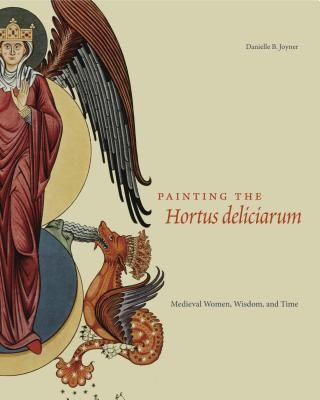
- We will send in 10–14 business days.
- Author: Caroline Joan S Picart
- Publisher: Penn State University Press
- ISBN-10: 0271018895
- ISBN-13: 9780271018898
- Format: 15.3 x 22.8 x 1.7 cm, minkšti viršeliai
- Language: English
- SAVE -10% with code: EXTRA
Resentment and the "Feminine" in Nietzsche's Politico-Aesthetics (e-book) (used book) | bookbook.eu
Reviews
Description
Nietzsche's remarks about women and femininity have generated a great deal of debate among philosophers, some seeing them as ineradicably misogynist, others interpreting them more favorably as ironic and potentially useful for modern feminism. In this study, Kay Picart uses a genealogical approach to track the way Nietzsche's initial use of "feminine" mythological figures as symbols for modernity's regenerative powers gradually gives way to an increasingly misogynistic politics, resulting in the silencing and emasculation of his earlier configurations of the "feminine."
While other scholars have focused on classifying the degree of offensiveness of Nietzsche's ambivalent and developing misogyny, Picart examines what this misogyny means for his political philosophy as a whole. Picart successfully shows how Nietzsche's increasingly derogatory treatment of the "feminine" in his post-Zarathustran works is closely tied to his growing resentment over his inability to revive a decadent modernity.
EXTRA 10 % discount with code: EXTRA
The promotion ends in 22d.01:54:16
The discount code is valid when purchasing from 10 €. Discounts do not stack.
- Author: Caroline Joan S Picart
- Publisher: Penn State University Press
- ISBN-10: 0271018895
- ISBN-13: 9780271018898
- Format: 15.3 x 22.8 x 1.7 cm, minkšti viršeliai
- Language: English English
Nietzsche's remarks about women and femininity have generated a great deal of debate among philosophers, some seeing them as ineradicably misogynist, others interpreting them more favorably as ironic and potentially useful for modern feminism. In this study, Kay Picart uses a genealogical approach to track the way Nietzsche's initial use of "feminine" mythological figures as symbols for modernity's regenerative powers gradually gives way to an increasingly misogynistic politics, resulting in the silencing and emasculation of his earlier configurations of the "feminine."
While other scholars have focused on classifying the degree of offensiveness of Nietzsche's ambivalent and developing misogyny, Picart examines what this misogyny means for his political philosophy as a whole. Picart successfully shows how Nietzsche's increasingly derogatory treatment of the "feminine" in his post-Zarathustran works is closely tied to his growing resentment over his inability to revive a decadent modernity.


Reviews